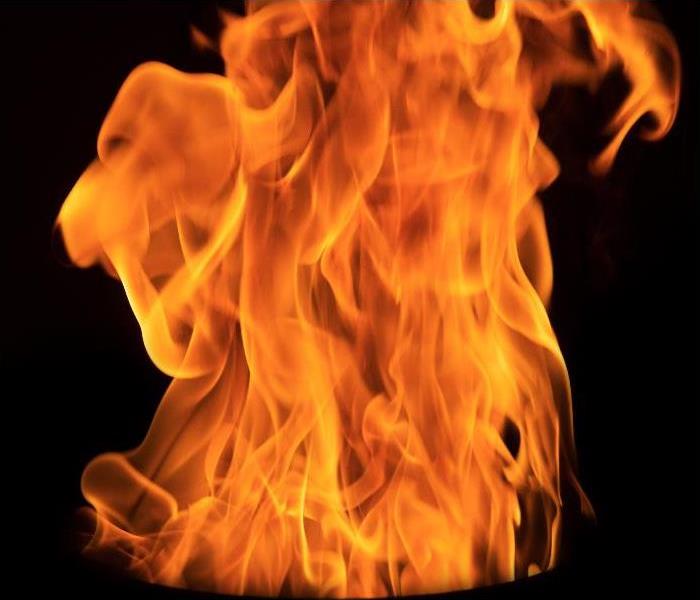How Do I Clean Smoke Residues From Hard floors in Bridgewater?
6/3/2020 (Permalink)
When Fire Damage Affects Your Bridgewater Flooring Contact a Professional Restorer Like SERVPRO
How do smoke residues affect hard floors?
Many Bridgewater residents experience a housefire at some point during ownership. While most smoke residues affect upper walls and ceilings, there are frequently soots or debris that builds up on floors. Most of these residues occur after the fire when non-bonded soots gather on surfaces. You can mitigate losses by covering floors and surfaces as well as avoiding foot traffic in the area until a restorer arrives. It is quite common for floors to require cleaning at the beginning and the end of service as some cleaning methods may loosen or detach soots from upper walls or ceilings. When soots embed into flooring, they can produce unpleasant odors or show visible signs of soiling.
Can I mop up smoke residues on hard floors?
A home with fire damage in Bridgewater can have varying levels of floor soiling. Dust-mopping can be effective; however, there is a risk of pushing heavier soils into the floor. With moderate levels of soiling, SERVPRO technicians use more aggressive methods of cleaning. These methods include spray buffing, a process of picking up residues while laying down a buff solution. Spray buffing can help to level a hard floor surface while filling in any cosmetic issues like scratches. Solvents can be effective, but we need to pre-test floors to see how they respond to solvents to avoid further harm.
What are the types of hard floor?
• Resilient floors include vinyl and come in tiles or strips
• Non-resilient floors are stone or masonry
• Concrete floors
• Wood floors can have varying levels of strength and porosity
Clearing soot from hard floors can be complicated, with each type of hard floor responding differently to the type of cleaning method. For expert assessment and restoration, contact SERVPRO of Bridgewater at (908) 222-2020.






 24/7 Emergency Service
24/7 Emergency Service
